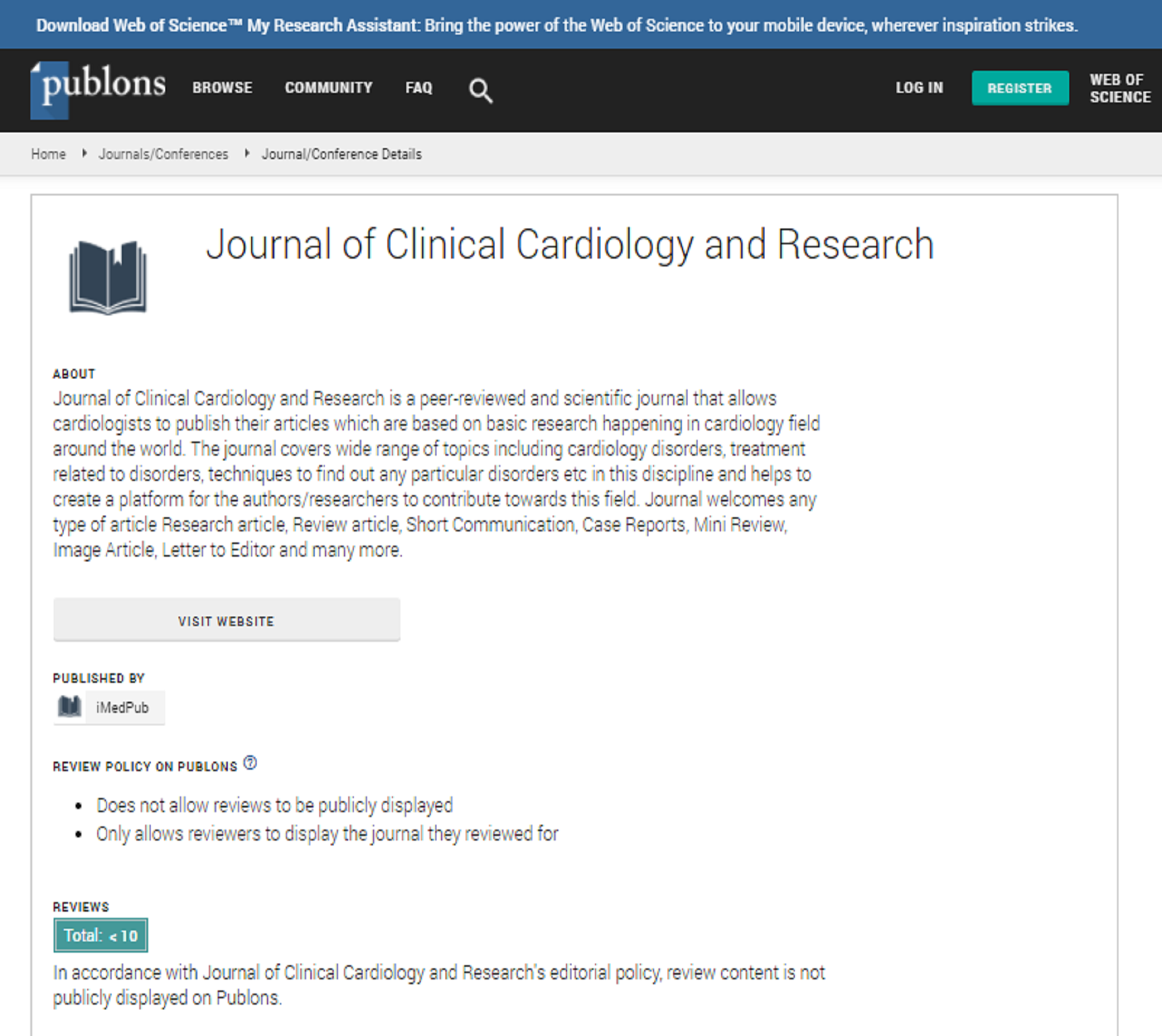Abstract
Impact of obesity on atrial fibrillation hospitalization & Mindful eating: Supporting us to effectively manage our weight
1. ARTICLE:
Obesity has been attributed to almost 60% of the increase in atrial fibrillation (AF) incidence. Obese patients have a 45% to 50% increased risk for incident AF compared to participants with normal body mass index (BMI). Projected estimates are that by the year 2050 more than 10 million US citizens will have AF. This is the first study to investigate differences in frequency of AF related hospitalizations in obese vs. non obese patients. There were total 3,229,992 AF related hospitalizations between years 2000 and 2008. The relative increase in AF related hospitalizations among obese patients was 237.2% over the same period. Among obese patients, there is an exponential rise in AF related hospitalizations from 2000 through 2008, while the trend is linear among non-obese patients. If the rise in AF related hospitalization continues to increase in a similar fashion, there will be 75,563 (95% CI: 50,229– 113,675) AF related hospitalizations among obese population in 2020. Our data indicate that obesity has a major impact in AF related hospitalizations and both are likely to pose a large public health burden in the future. Aggressive risk factor modification, including management of obesity must be pursued to prevent AF related hospitalizations and thus reduce the “weight” on the health care system. It is further important to study the association between obesity and atrial fibrillation since obesity is a potentially reversible risk factor and intervention at this level may have major impact in cutting down the burden of two major epidemics.
2. ARTICLE:
Mindfulness can develop much greater levels of self-awareness to our automatic, reactive patterns of eating mindlessly due to trying to cope with our troublesome thoughts, feelings and emotions. Mindful eating can enable us to become more aware of what we are eating, why we are eating, when we are eating and to recognize if we are even hungry at all. Present moment awareness empowers us to fuel our body with nutrients that supports us to take care of ourselves and our health. More importantly we can recognize what the triggers and responses are to eating food when we are not hungry. When we have identified what these triggers are we can seek alternative, more effective methods for dealing with them rather than using food. Mindfulness brings greater self-awareness and enables us to become more aware of the choices that we have in regard to food and habits. In addition, meditative practice can create spaces between the thoughts that we have and the actions that we take. Asking ourselves; ‘Is it my body that needs feeding or is it my soul?’ Is it beneficial to rediscovering what our true needs are? We can become aware that we need to feed our soul and live by our values by perhaps exercising, spending time socializing, helping someone in need or looking after a neighbor. These are invaluable actions that are important to having a healthy relationship with food and so effectively managing our weight.
Author(s): Nileshkumar J Patel , John Lingley
Abstract | PDF
Share This Article
Google Scholar citation report
Journal of Clinical Cardiology and Research peer review process verified at publons
Abstracted/Indexed in
- Google Scholar
- Publons
Open Access Journals
- Aquaculture & Veterinary Science
- Chemistry & Chemical Sciences
- Clinical Sciences
- Engineering
- General Science
- Genetics & Molecular Biology
- Health Care & Nursing
- Immunology & Microbiology
- Materials Science
- Mathematics & Physics
- Medical Sciences
- Neurology & Psychiatry
- Oncology & Cancer Science
- Pharmaceutical Sciences

